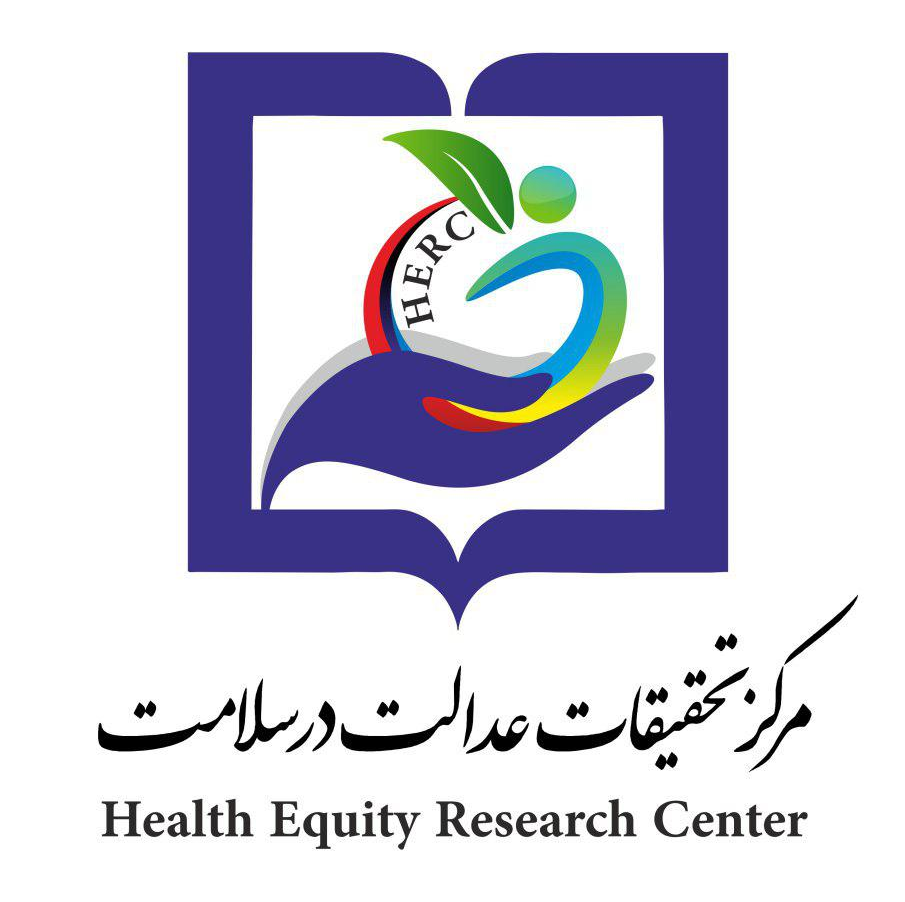Abstract
Objectives
To achieve sustainable health development, health systems need to constantly enhance their efficiency, through for instance reducing waste of resources. This study aimed to measure the efficiency in producing health in Upper Middle-Income Countries (UMICs) with a focus on Iran.
Method
A modified data envelopment analysis (DEA)-based Malmquist Productivity Index (MPI) was used to assess the changes in health productivity. Panel data was extracted from databases of the World Health Organization and the World Bank for the period of 2009–2015.
Results
The efficiency score of 13% of countries was higher than 0.8, while the score of all countries was above 0.5. The average score of Iran performance was 0.791 during the period. On average, performance improved in 15 countries, while it declined in 20 countries during the study period.
Conclusion
Different countries have implemented various health reforms to improve efficiency. We envisage, policy makers in the UMICs locate their health system performance and plan to improve it in line with the local specifications, along with the global pathway towards universal health coverage and sustainable health development ultimately.



No responses yet